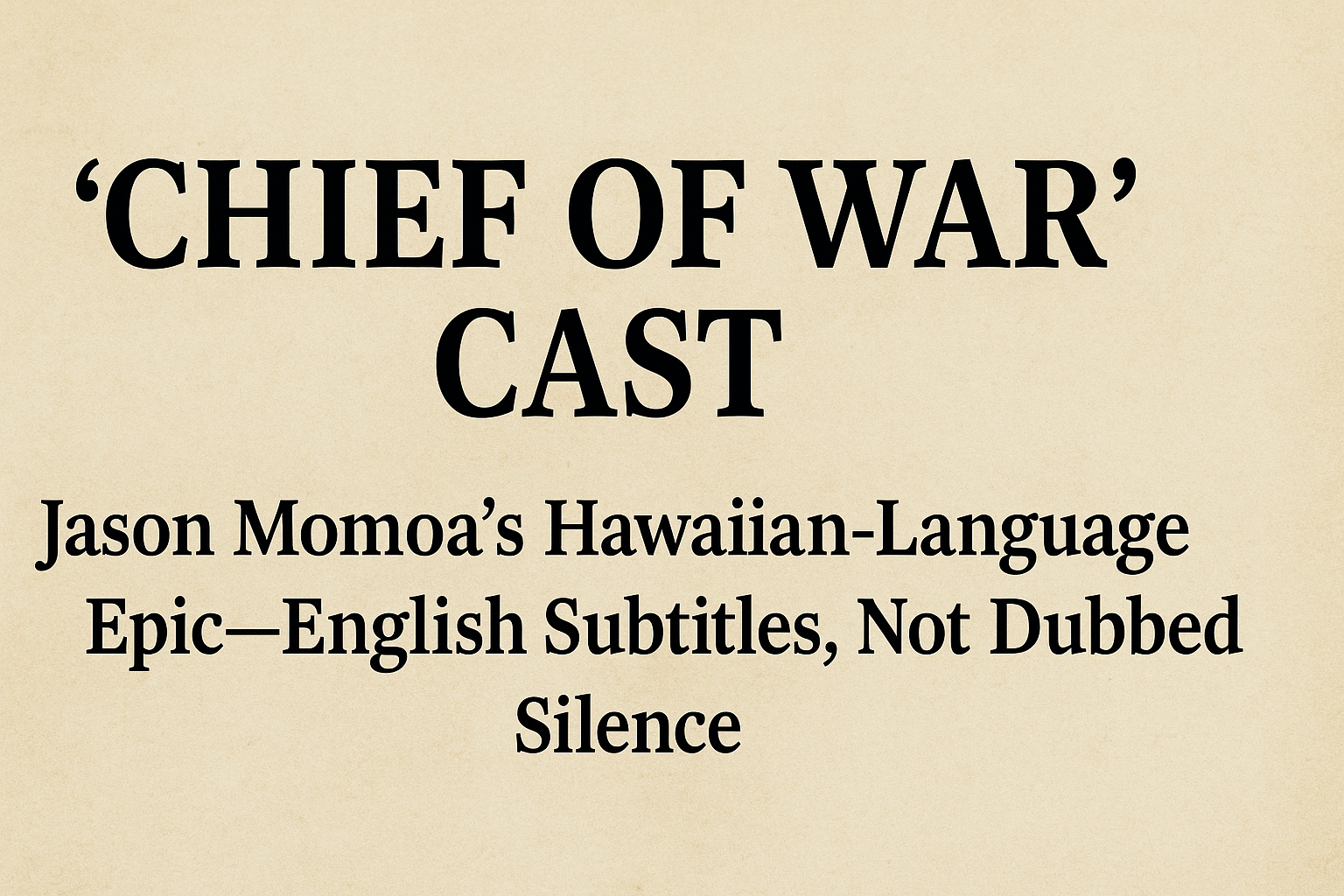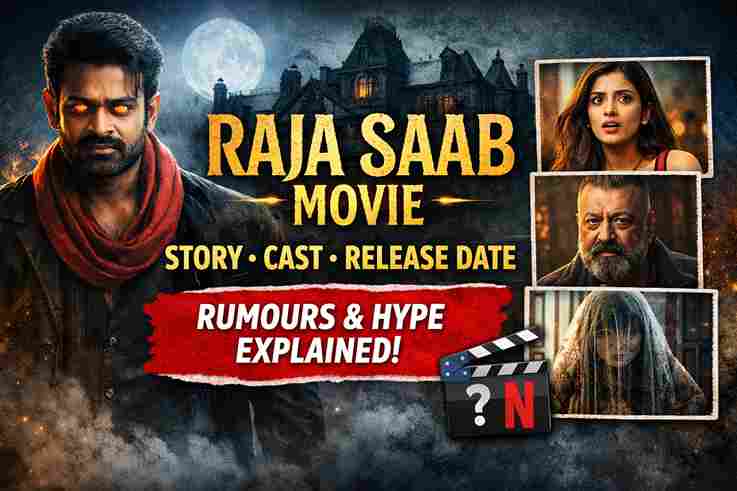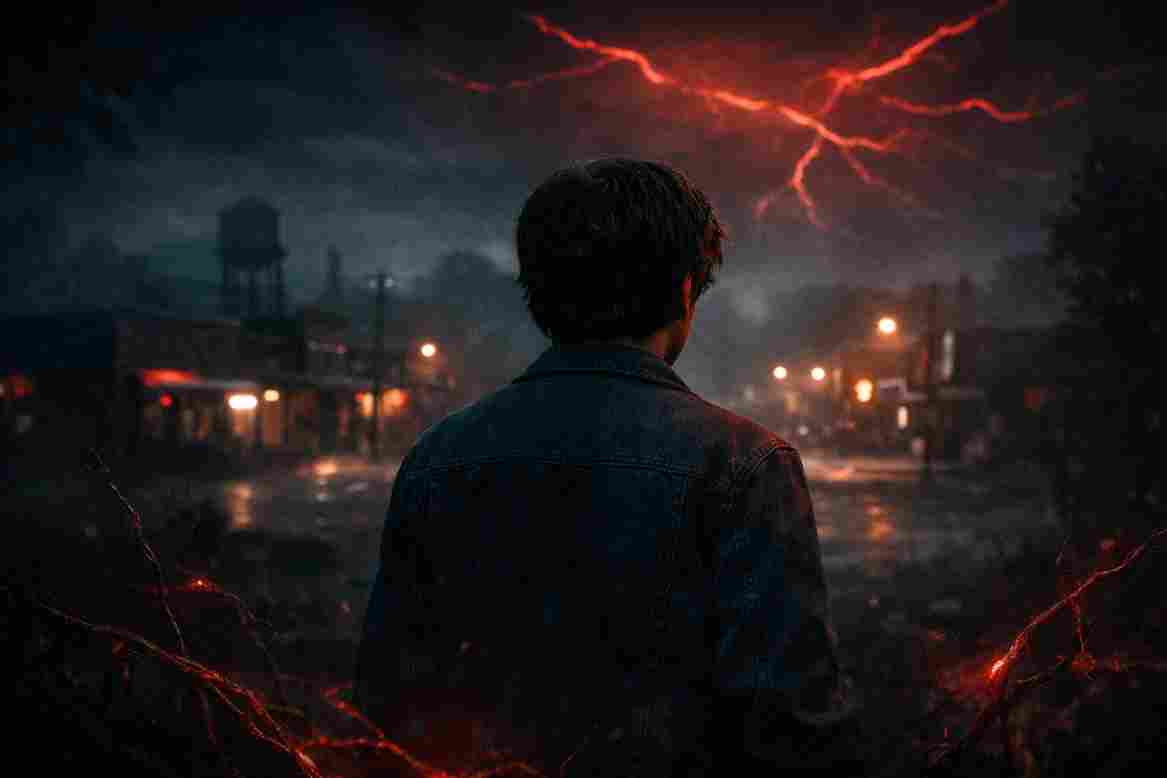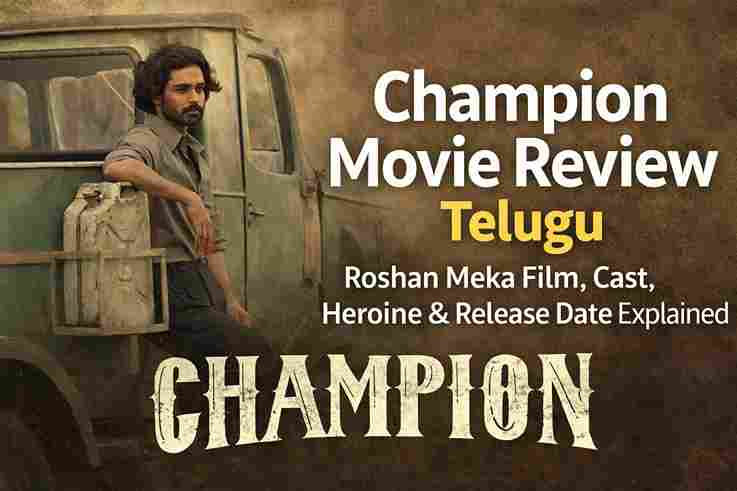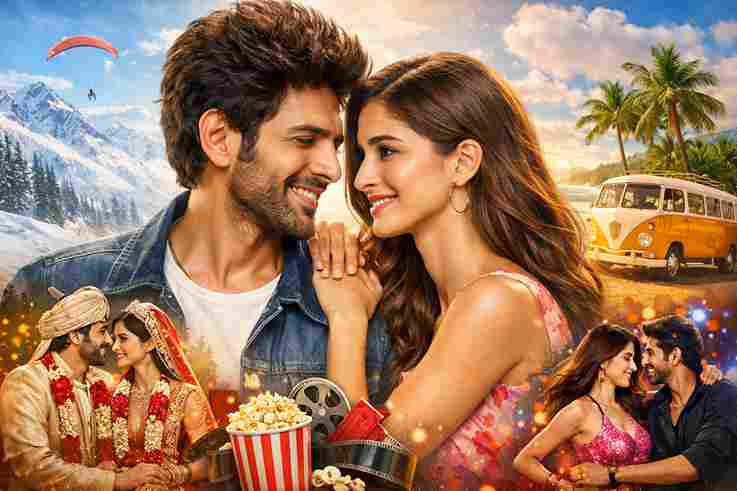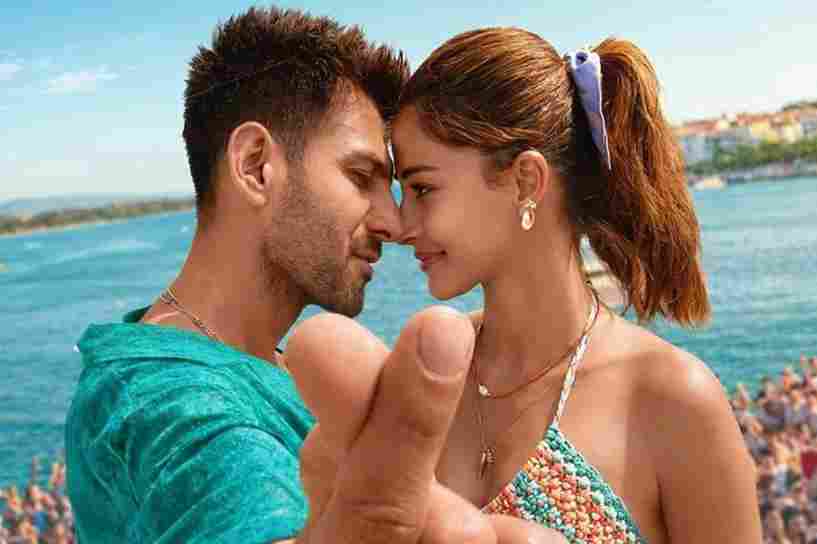’Chief of War’: Jason Momoa’s Hawaiian-Language Epic—English Subtitles, Not Dubbed Silence
“When Jason Momoa dives from his double-hulled canoe into Hawaiian waters to wrestle a shark in Chief of War’s breathtaking opening, English isn’t the first sound you’ll hear—it’s Hawaiian, alive and pulsing with centuries of island story.” Apple TV+ rolled out the first two episodes on Aug. 1, 2025, and the series wastes no time setting an epic tone. As TIME describes, Momoa’s Kaʻiana “lassoes a shark—man and predator locked in a primal dance of survival”. The camera lingers on Kaʻiana’s canoe (“waʻa”) slicing through waves and the warrior’s shark-gut blade in hand, immediately immersing viewers in legend and action. This mythic opener – from Pacific vistas to shark wrestling – primes audiences for a grand saga of Hawaiian chiefs and kingdom warfare.
Table of Contents

Apple TV+
Chief of War Cast: Who’s Who in the Hawaiian Saga
The Chief of War cast is almost as ambitious as its action scenes. News outlets note it’s a predominantly Polynesian ensemble. The lineup includes:
- Jason Momoa as Kaʻiana – A Native Hawaiian actor (Momoa was born in Hawaii) playing a legendary warrior-chief. He co-created the series and co-wrote every episode, and even directed the finale.
- Luciane Buchanan as Kaʻahumanu – A New Zealand actress of Tongan/Māori descent, playing Queen Kaʻahumanu (future wife of King Kamehameha). (Buchanan spent time learning Hawaiian for the role.)
- Temuera Morrison as King Kahekili – A Māori film star from New Zealand (known for Moana and Aquaman) playing the bloodthirsty Maui ruler.
- Cliff Curtis (recurring) – Another Aotearoa-born star of Māori heritage, portraying a powerful chief (tribal leader Keoua).
- Kaina Makua as King Kamehameha – A native Hawaiian (a Kauaʻi taro farmer turned actor) cast as the great unifier of the islands. (Hawaiian media highlighted that Makua was literally a local taro farmer discovered by Momoa for this role.)
- Moses Goods as Moku – A Maui-born Hawaiian actor in a key supporting role (Kaʻahumanu’s father).
- Te Ao o Hinepehinga as Rauna – A New Zealand Māori actor playing Kaʻiana’s wife.
Each actor brings a real Pacific heritage to Chief of War. As one feature explains, the series “is told from an indigenous perspective and features Jason Momoa, Moses Goods, Kaina Makua, Temuera Morrison, Cliff Curtis, Luciane Buchanan, and Te Ao o Hinepinga”. This grounding in Native Hawaiian and Polynesian talent was intentional. Momoa and his co-creators wanted Chief of War to be a Hawaiian story by Hawaiians, and the cast has been spoken of as cultural ambassadors helping bring Hawaiian moʻolelo (stories) to the screen.
Language Realism: Hawaiian, Not Just English
One of the biggest questions viewers have is “Is Chief of War in English or Hawaiian?” The news coverage is clear: the show’s dialogue is mostly Hawaiian. Pacific outlets report Chief of War is “spoken almost entirely in ʻŌlelo Hawaiʻi” (the Hawaiian language) with English subtitles. Indeed, TIME notes that “much of the show, including its first two episodes, is spoken in ʻŌlelo Hawaiʻi”. Hawaii News Now confirms the same – the premiere episodes are in Hawaiian. (Apple’s official streaming page even lists “Original Audio: Hawaiian, English”, meaning the dialogue track is bilingual, though Spanish/French/etc. tracks are English-dubbed.)
Critics emphasize that viewers are meant to watch Chief of War with the Hawaiian audio and subtitles. The English subtitles “roll like waves” beneath each line of Hawaiian, letting you feel grounded in the island setting. Broadcasters do offer an English voice track, but reviews say the authentic Hawaiian dialogue is key. The ABC Pacific interview explains that without using Hawaiian, you lose reality – hearing the native tongue “is integral” to understanding the culture.
Using Hawaiian on screen also underlines the series’ focus on cultural realism. Language coaches and experts were brought in, and every line in Hawaiian was carefully crafted (even building double-hulled canoes and weapons out of real materials). Paʻa Sibbett, co-writer with Momoa, says he needed to learn ʻōlelo for this project. So for example, each onscreen ʻala‘apapa chant or word like kūmeka (meaning “chief” or high-ranking warrior) is the real thing, not a Hollywood stand-in. In short: Chief of War sounds Hawaiian, and the subtitles ensure even non-speakers catch every “canoe, shark-gut, kūmeka” moment.

Kaina Makua and Luciane Buchanan in Chief of War Nicola Dove—Apple
Jason Momoa’s Creative Command
It’s no exaggeration to say Momoa built this show himself. He isn’t just “Aquaman dressed in pirate gear” – he’s the driving force behind Chief of War’s creation. Momoa co-wrote and co-executive produced the series with writer Thomas Paʻa Sibbett, and co-wrote every episode. In fact, The Guardian review credits Momoa with co-creating the nine-part drama and notes he “co-wrote every episode, executive produces and stars”. Hawaii News Now quotes Momoa proudly saying that the show is “written by Hawaiians, directed by Hawaiians, acted by Hawaiians” – highlighting his insistence on local leadership in every department.
Momoa even stepped behind the camera: he directed the final episode of the season. Interviewers have pointed out that Momoa had dreamed of telling this story for years. He and Sibbett first had the idea about a decade ago, but they waited until Momoa had enough clout (from projects like See on Apple TV+) to pitch it successfully. Now, Momoa uses his own star power to shine a light on Hawaiian heritage. In short, he’s not an outside celebrity eyeing a war drama – he’s a co-creator and cultural steward at every level.
Also Check Out Final Destination: Bloodlines (2025) Review
Why Chief of War Matters Today
All this effort is for a good reason. Chief of War is being hailed as a milestone in Indigenous storytelling. The Office of Hawaiian Affairs magazine calls it “the first story written by Hawaiians about Hawaiians to be produced on this scale,” a true huliau (turning point) for the culture. Hawaiian actors and creatives interviewed agree it’s “something quite monumental” to have Chief of War bring the Hawaiian language and viewpoint to the forefront.
For many viewers this will be their first time seeing Hawaiʻi’s founding era told this way. Traditional media have largely ignored these real-life stories; now they’re center stage. Even the Guardian review notes this is “the first time the history of Ka‘iana and the islands he hailed from has been told for a mainstream audience”. That’s part of its importance. It’s not just spectacle – it’s a chance to correct the narrative.
Another huge aspect is language revitalization. The fact that Chief of War is almost entirely in Hawaiian is itself a statement. As Maui-born actor Moses Goods points out, earlier generations were banned from speaking Hawaiian, but now “it’s being showcased to the entire world”. His grandmother was forbidden to speak their native tongue as a child, and now global audiences are hearing it. Watching the series with Hawaiian dialogue underlines how far the cultural revival has come.
Production realities also underscore the show’s significance. Although Chief of War is deeply Hawaiian, practical constraints meant 80% of filming happened in New Zealand. (Only 20% was shot in Hawaiʻi due to tax-credit and logistics issues.) That effort shows the community’s determination: they built thousands of props, learned ʻōlelo, and even tried to loop in Hawaiʻi’s film tax incentive bill to keep work local. Despite the foreign locations, the team promises more Hawaii shoots next season so the story can literally sail “home.”
Chief of War arrives at a cultural moment when Native voices and languages are demanding space in media. Imagine watching the first minutes of this drama with only Hawaiian dialogue (and subtitles rolling like waves). How does it reshape your sense of place? That immersive experience – hearing the islands’ real voice instead of an English dub – is precisely the point. Moments like Momoa perched on a canoe or a warrior chanting his genealogy feel authentic and almost transcendent.
In short, the Chief of War cast and creative team aren’t just reenacting history – they’re helping to revive it. This Apple TV+ epic isn’t Hollywood’s Hawaii; it’s Hawaiʻi telling Hawaiʻi’s own story. And through its language, its people, and its sheer scale, it aims to set a new course for storytelling sovereignty in the Pacific.
